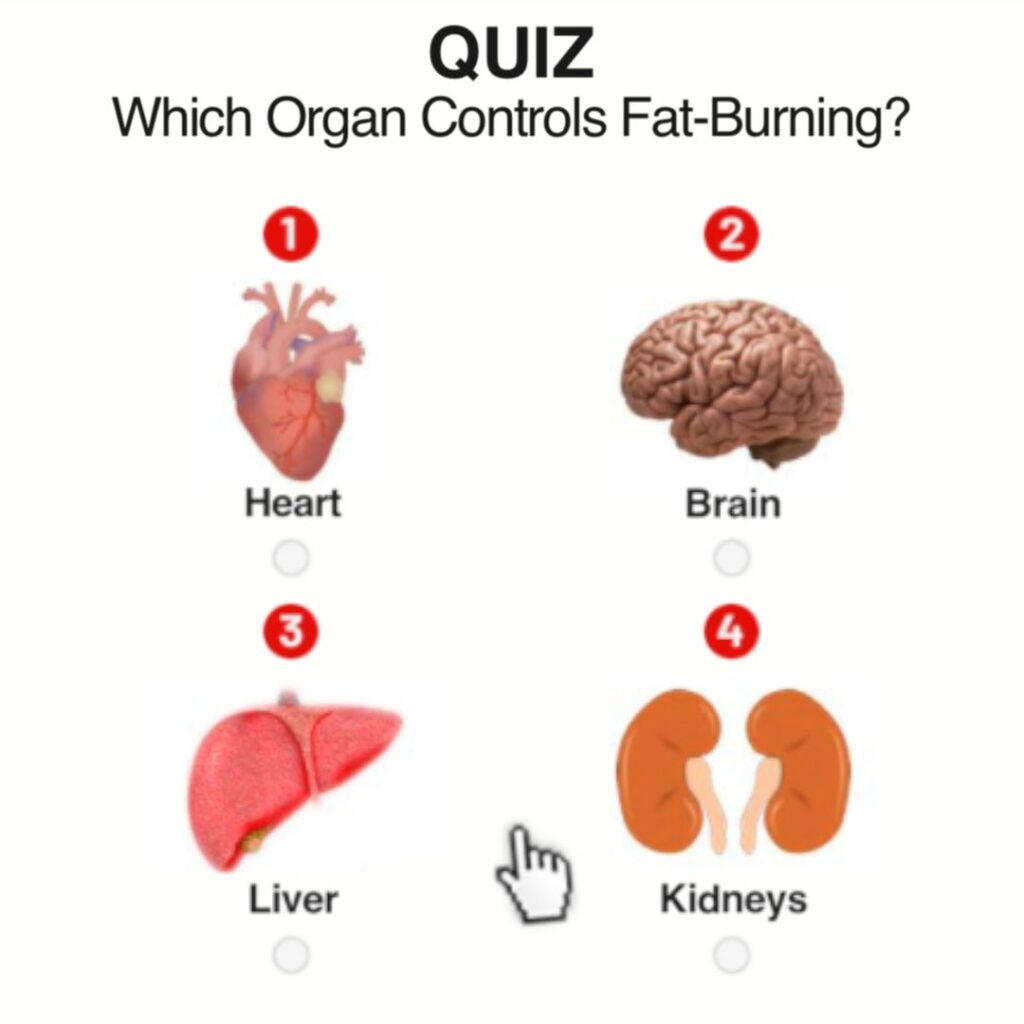The old saying that we should eat breakfast like a king, lunch like a prince and dinner like a pauper definitely applies to diabetics as well.
Breakfast is the most important meal of the day and careful planning should go into preparing it. It should consist of at least one-quarter protein, and the balance being healthy carbohydrates and healthy fats.
You should have this meal every day of the week for good blood sugar control. Lunches and dinner should be lighter. Try to have dinner at least three hours before bedtime. And remember to check sugar levels before retiring for the night.
The following article talks more about this.
Prevent type 2 diabetes blood-sugar spikes by eating more protein for breakfast
by Sarah Clinton
Individuals with Type 2 Diabetes have difficulty regulating their glucose—or blood sugar—levels, particularly after meals. Now, University of Missouri researchers have found that Type 2 diabetics can eat more protein at breakfast to help reduce glucose spikes at both breakfast and lunch.
Kanaley and her colleagues monitored Type 2 diabetics’ levels of glucose, insulin and several gut hormones—which help regulate the insulin response—after breakfast and lunch. The participants ate either high-protein or high-carbohydrate breakfasts, and the lunch included a standard amount of protein and carbohydrates.
The researchers found eating more protein at breakfast lowered individuals’ post-meal glucose levels. Insulin levels were slightly elevated after the lunch meal, which demonstrated that individuals’ bodies were working appropriately to regulate blood-sugar levels, Kanaley said.
“The first meal of the day is critical in maintaining glycemic control at later meals, so it really primes people for the rest of the day,” Kanaley said. “Eating breakfast prompts cells to increase concentrations of insulin at the second meal, which is good because it shows that the body is acting appropriately by trying to regulate glucose levels. However, it is important for Type 2 diabetics to understand that different foods will affect them differently, and to really understand how they respond to meals, they need to consistently track their glucose. Trigger foods may change depending on how much physical activity people have gotten that day or how long they have waited between meals.”
Kanaley said that although it would be helpful for individuals with high blood sugar to eat more protein, they do not need to consume extreme amounts of protein to reap the benefits.
“We suggest consuming 25 to 30 grams of protein at breakfast, which is within the range of the FDA recommendations,” Kanaley said.
You can view the original post here.
P.S. If you exercise in the mornings it’s even more important to have a good meal to include more protein than you would normally eat when not exercising. Your body is craving this type of food to feed your muscles.
P.P.S. Visit exercises for diabetics today for more information.






Every morning when I awaken, the first thing on my thoughts is anti aging. I am constantly researching, studying, putting test concepts into practice to remain as well as really feel more youthful as well as much more lively. I completely enjoy it and also a day does not go by without me thinking of anti aging as well as trying to look DECADE younger.